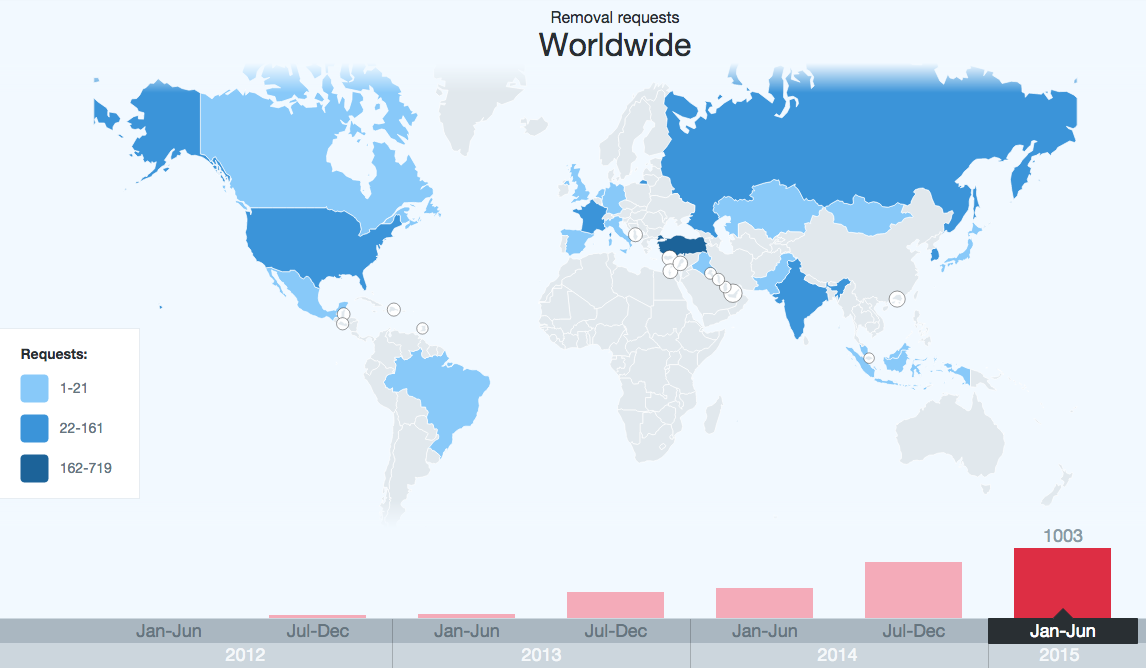Last year, hundreds of nude images of celebrities were stolen off the cloud and passed around various internet channels including 4chan and reddit. The latter, being a much more mainstream community, faced a heavy dose of criticism for allowing multiple subreddits to continue to post the nude images, despite the protestations of many of the celebrities involved.
Reddit eventually shut down these subreddits, but it look the company a couple of weeks – much to the chagrin of those affected, privacy activists, and yes, even many reddit users.
“The Fappening”, as the leak was dubbed, was far from the first time reddit had come under fire for its seemingly hands-off approach to the content its users post. Over the years, reddit has found itself in the middle of many a debate regarding sexually suggestive content posted without the subject’s consent. But reddit’s role in The Fappening made the biggest splash. People pay a little more attention to Jennifer Lawrence’s naked body than some random girl a redditor upskirted on the subway.
Now, reddit’s management has decided to make some changes to help both JLaw and random subway girl. Whether or not they will work is yet to be seen, but a new addition to the site’s privacy policy shows that reddit is trying to grow up a bit – or at least hold itself accountable for some of the creepier elements of its vast empire.
“Last year, we missed a chance to be a leader in social media when it comes to protecting your privacy — something we’ve cared deeply about since reddit’s inception. At our recent all hands company meeting, this was something that we all, as a company, decided we needed to address,” says reddit’s founder and new Executive Chairman Alexis Ohanian and CEO Ellen Pao in an announcement made Tuesday.
“No matter who you are, if a photograph, video, or digital image of you in a state of nudity, sexual excitement, or engaged in any act of sexual conduct, is posted or linked to on reddit without your permission, it is prohibited on reddit. We also recognize that violent personalized images are a form of harassment that we do not tolerate and we will remove them when notified.”
This sort of outright ban, issued unequivocally, is a new thing for reddit. The new privacy policy, which will go into effect March 10, has a brand new section in it called “Involuntary Pornography”. Here’s what it says:
reddit is committed to your privacy. If you believe that someone has submitted, without your permission, to reddit a link to a photograph, video, or digital image of you in a state of nudity or engaged in any act of sexual conduct, please contact us (contact@reddit.com), and we will expedite its removal as quickly as possible. reddit prohibits the posting of such content without consent.
Of course, this is all contingent upon someone (presumably the victim) seeing the unauthorized imagery on reddit and filing a complaint. It’s self-reporting. Reddit isn’t going to spend resources searching its nether regions and removing anything that looks like it could fall into the “involuntary porn” category.
And I can think of a dozen subreddits, just off the top of my head, where any number of posts could fall into this category.
But the key phrase here is “expedite removal”. Reddit’s been criticized in the past for being slow to act. This is reddit saying all you have to do it point it out to us, and we’ll get rid of it as fast as we can.
If you think back to 2011, you might remember that reddit had a rather popular subreddit called r/jailbait. Over on r/jailbait, folks would post photos of young girls – minors, almost exclusively – in a sexualized context. These weren’t nude photos – the girls were always clothed – but they often appeared in bathing suits and sometimes in suggestive poses.
Well, reddit shut it down after some pressure. For those that disagreed with that decision, the argument was usually hey, it’s not porn. It’s just pictures of girls. What we’re thinking about when we look at suggestive images of girls shouldn’t be of any concern. It’s not a crime to think.
Of course, the flip side to that is hey, you’re stealing 14-year-olds’ beach pictures off Facebook and jerking off to them.
But the point it, there was at least a small debate over the morality, legality, and a couple other -alities regarding r/jailbait. There probably won’t be much blowback from reddit’s latest privacy policy update. Whether it’s stolen images, a la the Fappening, or revenge porn, most people (the ones not doing the posting, at least) recognize that “involuntary pornography” is some seedy ass stuff.
Can another Fappening happen without reddit’s help? Of course. reddit’s not the alpha and the omega of internet culture. But when it does, and it will, reddit’s higher-ups don’t want the site to be a part of it.
Image via Blake Patterson, Flickr Creative Commons









